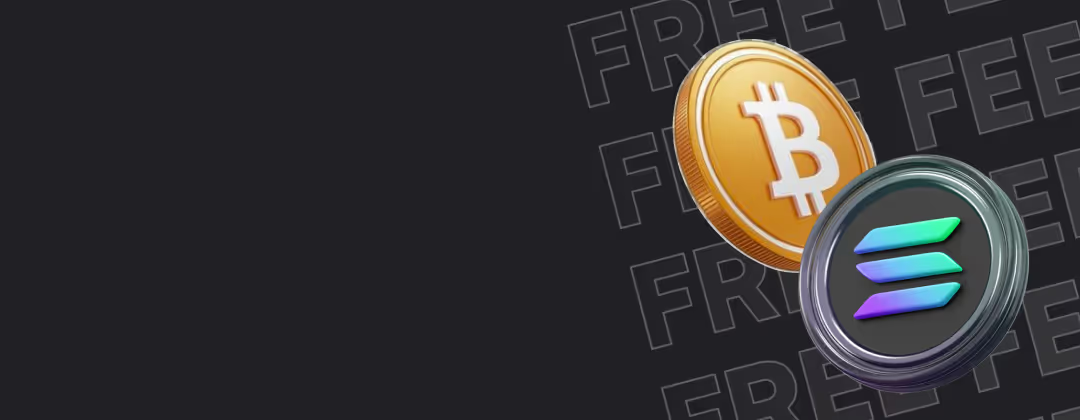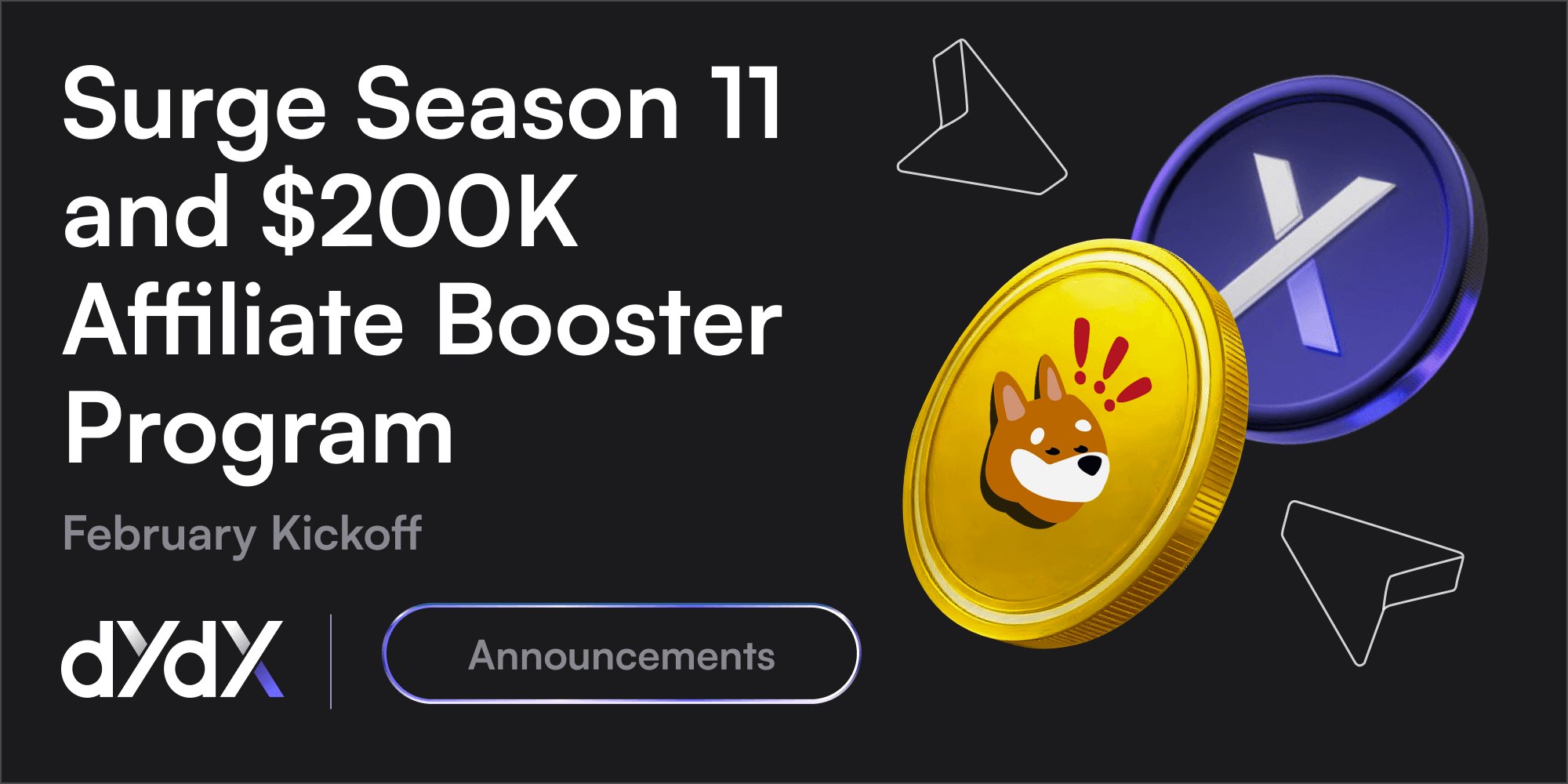When the Bitcoin whitepaper was published in 2008, the world was introduced to a workable solution for a peer-to-peer network that enabled parties to transact reliably without the need for a trusted third-party. Instead of a centralized institution, value could be sent between individuals using an open-source software protocol called a blockchain. While the concept of direct exchange of value between parties was in no way novel (direct barter, trade, and payment have been the dominant means of exchange for millenia), bringing it to an Internet-native medium was nothing short of revolutionary.
A Unique Characteristic
There are many powerful features of blockchains including increased efficiency and immutability, but the process of removing intermediaries - decentralization - is the most powerful and unique. Decentralization comes with a particular set of benefits and risks that should be adequately considered when interacting with decentralized networks, or when crafting policies that will govern them. Making transactions via truly decentralized systems requires understanding the rigors of self custody, the advantages of permissionless ecosystems, and the merits of transparency. And regulating the space demands a willingness to analyze each of these concepts intentionally without attempting to force decentralized networks into old frameworks that didn’t consider their unique qualities, decreasing the odds of adequately protecting users and nullifying the benefits of this new paradigm.
Self Custody
Decentralized networks empower individuals to take control over their own assets and balance accessibility and security trade-offs as they see fit. Crypto enables users to individually hold onto their own property in a cash-like capacity not possible with traditional assets. Users can do this through self-hosted wallets that can be connected to the internet, or left totally offline, keeping them sheltered from potential attack. “Not your keys, not your coins” is a common refrain heard in crypto circles that encourages users to manage their own assets rather than leave them in the custody of centralized entities, like some exchanges, who users must trust to have their best interests in mind. This idea does of course require an increased level of responsibility from users than is asked from them by more traditional institutions like banks, who manage assets for them.
Permissionless Protocols
The permissionless nature of decentralized and open-source protocols enables the existence of a dynamic ecosystem characterized by innovation and opportunity. The Internet we have come to rely upon was developed through open access to infrastructure level protocols that support the applications we use on a daily basis. A key Internet protocol, TCP/IP (Transmission control protocol/Internet Protocol) is a basic set of instructions and codes that allows data to move between computers and display information in the dynamic and interactive manner that constitutes the World Wide Web. TCP/IP is an open protocol that anyone with the necessary equipment and know-how can access and build on top of. Innovations we take for granted, like broadly accessible email or blogging, are only possible because of this open paradigm. Maintaining openness in decentralized computing networks enables the ecosystem to flourish by allowing developers to build without needing to ask permission to design and test novel ideas.
Transparency & Security
Public blockchains are inherently transparent, and when sufficiently decentralized, are extremely secure from a single party’s manipulation. On a blockchain, transactions are broadcast and records are stored among a community of independent nodes (points on the network). Decentralized systems lack a single point of failure which gives them a degree of protection and resilience not found in any other networks. If any given node fails or goes offline, the network should not go down and transaction history will not be lost. And if a node is compromised and attempts to display a false accounting of transaction history, it will likely be invalidated by others and ignored, leaving the true network history intact. Due to their open-source nature, any network participant, or uninvolved observer, can download a full history of the network for analysis or auditing.
Decentralization is Mission Critical
Understanding the benefits and trade-offs of decentralized systems is essential to crafting policies that will adequately protect consumers while allowing innovation to progress in a positive manner. At dYdX, we believe decentralization is critical to our mission of democratizing access to financial opportunity, and it is essential for the health of the cryptocurrency ecosystem. Effective policy can not be crafted without a deep understanding and appreciation of decentralization.
About dYdX
dYdX is the developer of a leading decentralized exchange on a mission to democratize access to financial opportunity by building open, secure, and powerful financial products. dYdX currently runs on audited smart contracts on Ethereum, which eliminates the need to trust a central exchange while trading. We combine the security and transparency of a decentralized exchange, with the speed and usability of a centralized exchange.
.svg)







.svg)
.svg)







